Three Continuities, Three Shifts
India’s new government has to navigate the nation through a world in turmoil. Will its successful foreign policy continue? Or will there have to be shifts and changes to accommodate new realities?
 Courtesy:
Courtesy:
India’s new government has to navigate the nation through a world in turmoil. Will its successful foreign policy continue? Or will there have to be shifts and changes to accommodate new realities?
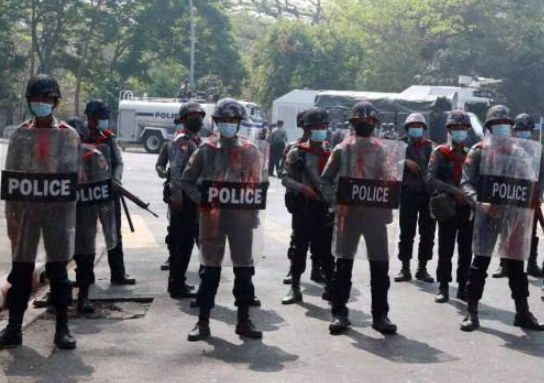 Courtesy: The Indian Express
Courtesy: The Indian Express
Over three years of civil war in Myanmar, and there is no end in sight. The country’s stakeholders are unable to de-escalate the conflict or reliably distribute aid to those affected. Friends, including India, must step in — not only to stop the fighting and alleviate the suffering, but to help facilitate a return to normalcy.
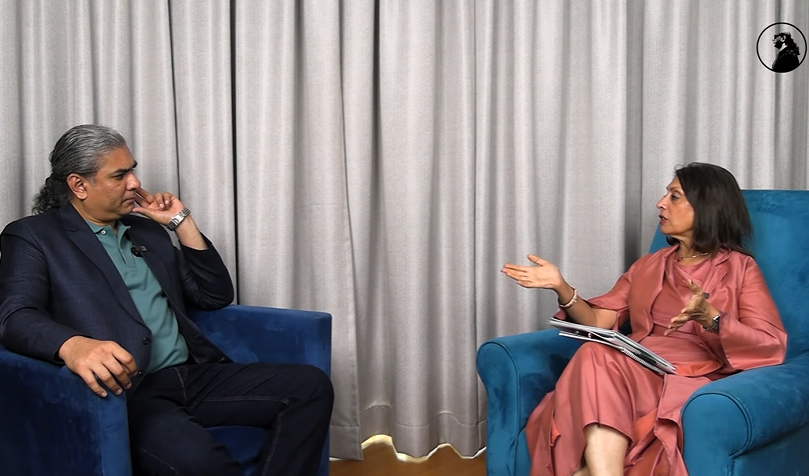 Courtesy: Abhijit Chavda Podcast
Courtesy: Abhijit Chavda Podcast
Emerging middle powers like India, Brazil and South Africa are articulating their interests on the global stage with growing assertiveness. Manjeet Kripalani, Executive Director, Gateway House, joins Abhijit Chavda on his eponymous podcast to discuss changing dynamics between the West and the Global South, and how western and emerging middle powers can collaborate on shared priorities like multilateral reform, technology transfer and international trade.
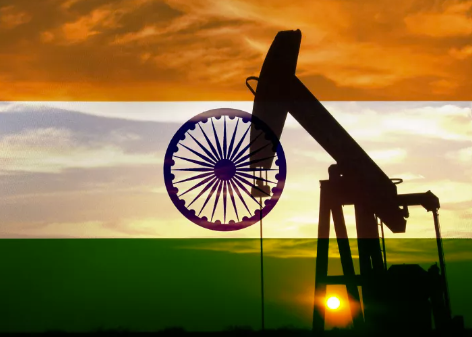 Courtesy: GEP
Courtesy: GEP
As India begins membership talks with the International Energy Agency, Senior Fellow for Energy, Investment, and Connectivity at Gateway House, Amit Bhandari joins us to talk about how we got here, what’s in it for both parties, and how the agency will adapt to the increasing strategic autonomy of India and countries like it.
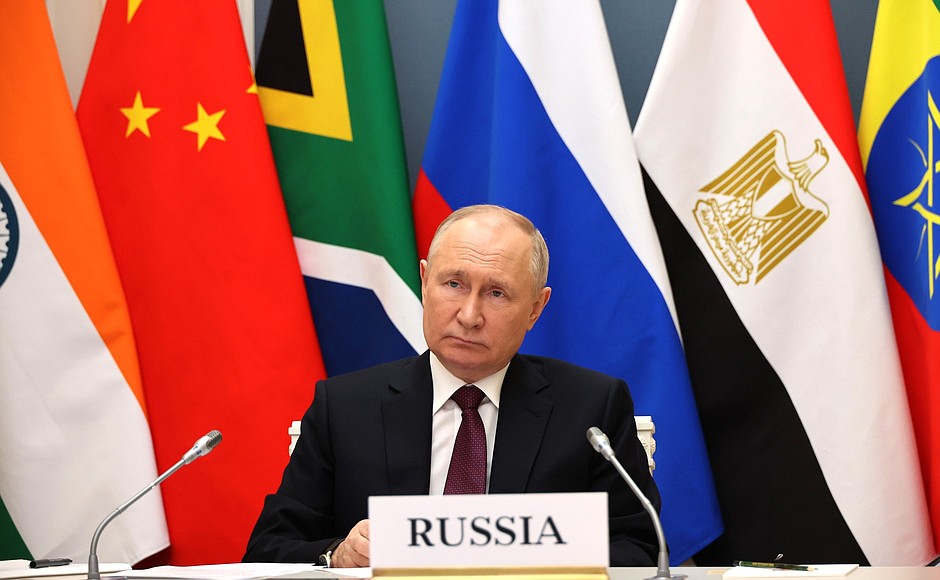 Courtesy: Official Internet Resources of the President of Russia
Courtesy: Official Internet Resources of the President of Russia
Russia took charge of BRICS in January 2024 at a point of inflection in geopolitics and expanding influence for the bloc. As chair, Moscow aims to bolster cooperation along the lines of the BRICS’ three pillars to shift power away from the West and explore ways to engage potential members. Though China seems onboard, for India, neither of these pursuits must proceed too aggressively.
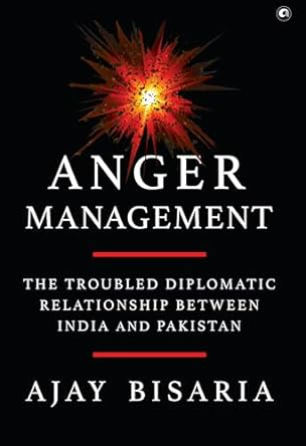 Courtesy: Amazon India
Courtesy: Amazon India
A new book on India-Pakistan relations by former High Commissioner Ajay Bisaria, brings his practitioners’ knowledge to the fraught bilateral. He reiterates that the determining factor is still Pakistan’s quest for identity based on territory and security, and the paranoia of the Pakistani army. The book contains fascinating insights about his predecessors’ suggested solutions and lays out three scenarios for the future.
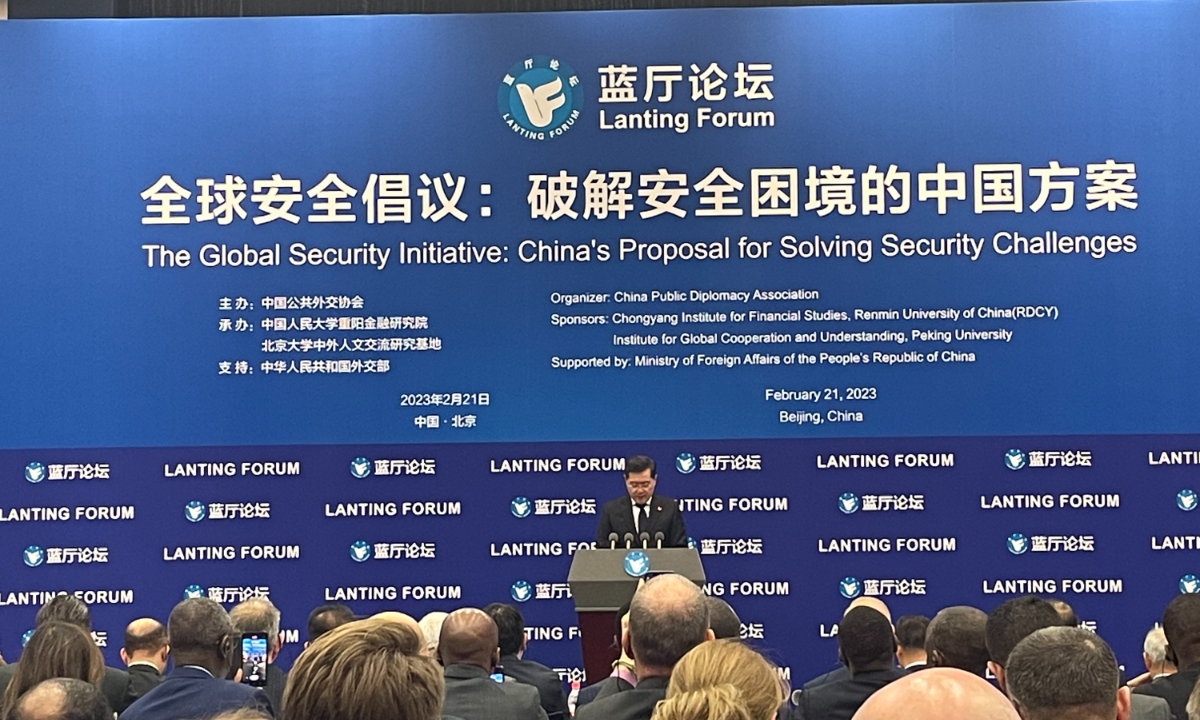 Courtesy: Global Times
Courtesy: Global Times
China’s world vision has entered its next phase. After the Belt and Road Initiative (BRI), come the Global Initiative on Data Security (GIDS) so Chinese tech standards can lead, Global Development Initiative (GDI) so China leads the development dialogue, and Global Security Initiative (GSI), so China’s security is ‘indivisible’ from other countries – all in time for China’s 2049 goal of becoming a global power.
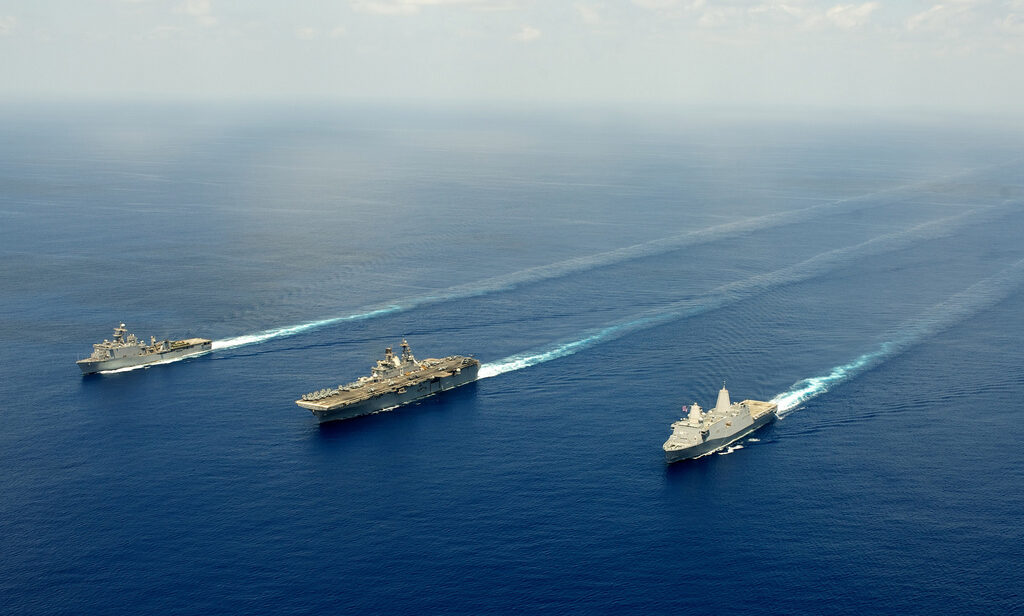 Courtesy: South Asian Voices
Courtesy: South Asian Voices
The proximity in the Indo-French relationship is reflected in the countries' increasing cooperation in the Indo-Pacific. An ambitious joint Indo-Pacific roadmap is supported by the Indo-Pacific Oceans’ Initiative and the recently announced Indo-Pacific Triangular Development Cooperation Fund. Both partners must now devise timelines for the implementation of the proposals.
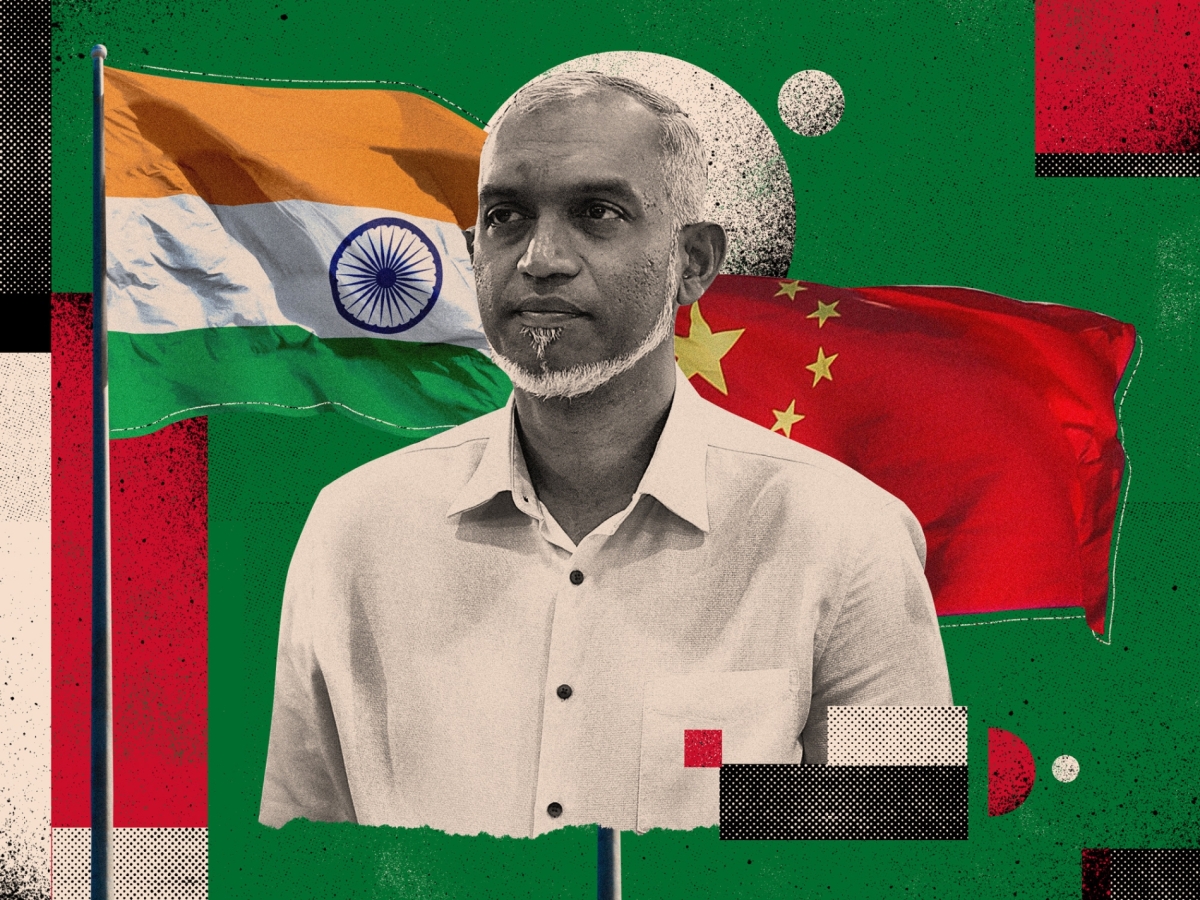 Courtesy: Al Majalla
Courtesy: Al Majalla
Maldives’ President Mohammed Muizzu’s desire to have an independent foreign policy has steered it away from India and closer to China. It has added a new dimension to the strategic contestation in the Indian Ocean. Rajiv Bhatia, Distinguished Fellow, Foreign Policy Studies, shares his insights on the Maldives’ strategic importance in the region, the ‘India Out’ campaign, and the way forward for Indian diplomacy in South Asia.
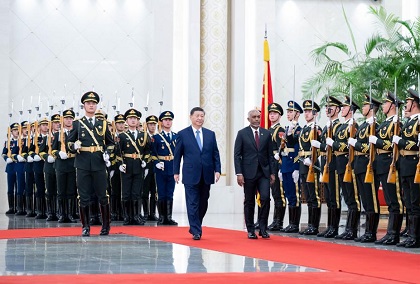 Courtesy: Xinhua
Courtesy: Xinhua
A tiny nation of half a million people, Maldives has drawn enormous attention from the media, diplomats and informed public since Muizzu’s election last September. The interest has only risen after the recent diplomatic row with India and Muizzu’s increased bonhomie with Chinese President Xi Jinping.